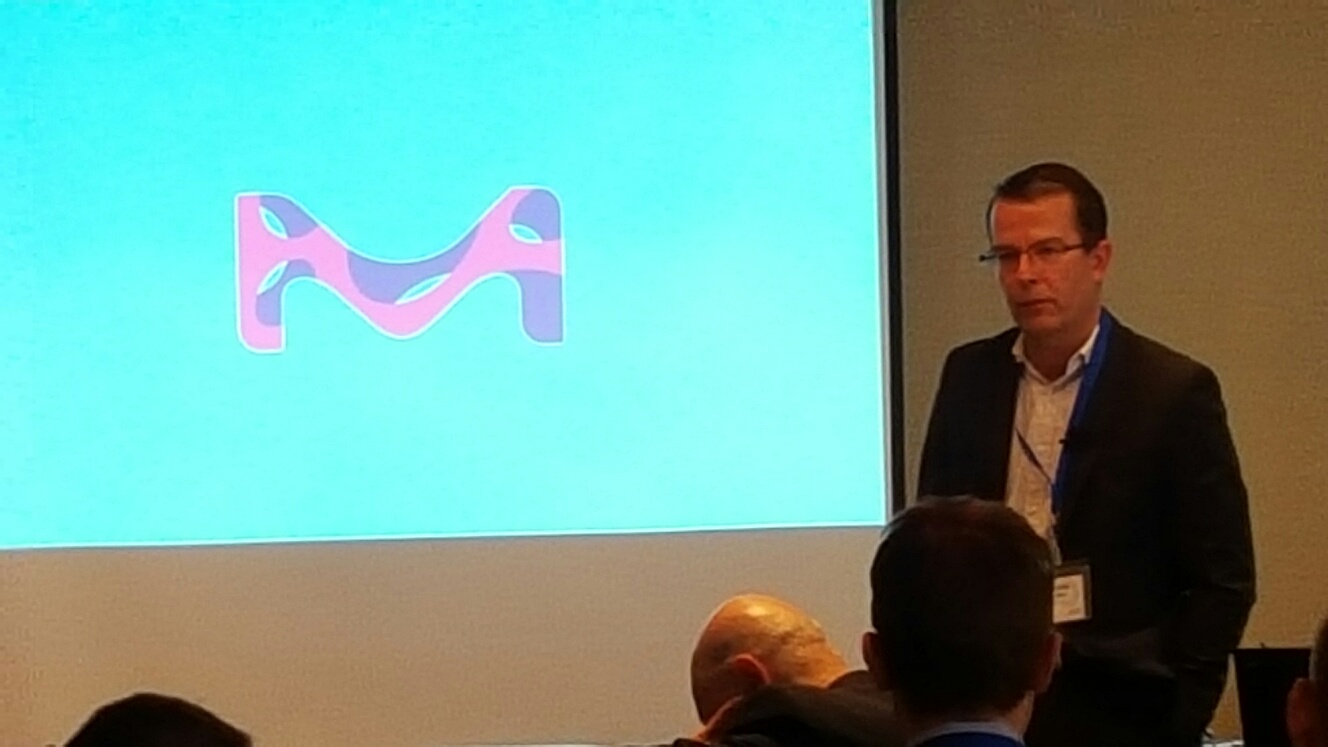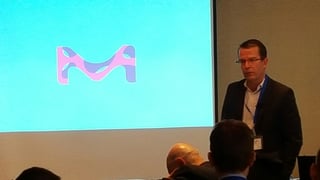
Cytel's blog featuring the latest industry insights.

 Francois Beckers, Global Head of Biostatistics & Epidemiology at Merck KGaA joined us at the East User Group Meeting in March and presented case studies of Merck KGaA’s experiences with Blinded Sample Size Re-estimation in early phase studies, more specifically in the context of biosimilar studies.
Francois Beckers, Global Head of Biostatistics & Epidemiology at Merck KGaA joined us at the East User Group Meeting in March and presented case studies of Merck KGaA’s experiences with Blinded Sample Size Re-estimation in early phase studies, more specifically in the context of biosimilar studies.
In summary, a biosimilar product is a biological product that is approved based on demonstrating high similarity to an FDA approved biological product (or reference product). It should also demonstrate no clinically meaningful differences in terms of safety and effectiveness from the reference product. In addition, only minor differences in clinically inactive components are allowable in biosimilar products (FDA).
Beckers pointed out that in the context of biosimilar development the term early phase studies can actually be rather misleading. In this setting, Phase I studies serve as pivotal trials in a two-step process which consists of Phase 1 studies to demonstrate similar PK/ PD , and Phase 3 to explore efficacy and provide further safety evaluation.
Typically, in the type of Phase 1 study being conducted there are issues with variability, and importantly lack of knowledge about the nature of the variability, producing uncertainties in the optimal design
since traditionally, all key design parameters are fixed until completion. This in turn increases the risk of failure. The blinded Sample Size Re-estimation design can be useful in such cases where when there is uncertainty about a nuisance parameter at the design stage to maintain the power of the study as initially planned. However, there are challenges to be overcome, including control of Type 1 error which Beckers discusses in his talk.
He also highlighted some of the challenges in discussing flexible designs with clinical stakeholders, and proposed the project management triple constraint triangle as a tool to demonstrate the delicate balance which exists between quality, time and cost factors. He points out that one of the perceived barriers of deploying such flexible designs is the potential up-front time investment for regulatory interactions. While that investment may indeed be required, gains can still be made in the overall timeline. In addition, he stressed the importance of selecting a design which extracts the maximum information, and ultimately supports a decision about the next steps. In the light of this, he shared a quote which chimes with messages outlined by Paul Frewer in his talk on Astrazeneca’s decision- making framework.
‘ A study that fails is not a study not meeting his primary objective...it is a study that fails supporting a decision.’
To download Francois Beckers' slides click below
